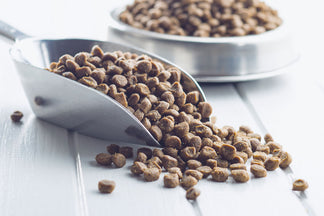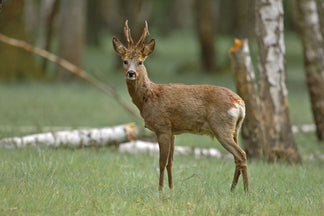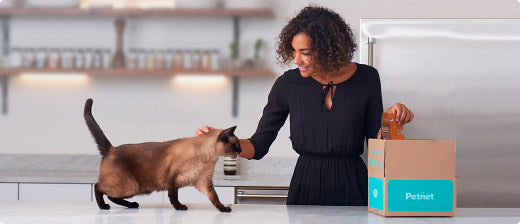The next ingredient we’re covering in our ongoing series on Healthy Ingredients for Your Pet are nuts. There’s a huge variety of nuts and many of them can be found in your pet’s food. But are nuts really good for pets? Not in all cases!
What is a Nut?
A nut is defined by Webster’s as a fruit consisting of a hard or tough shell around an edible kernel. Technically, many things we consider nuts are not actually nuts. Obviously, peanuts, which are a legume, but also cashews, pistachios, walnuts and almonds are seeds and not classified as nuts.
Why would Nuts be in pet food?
Putting aside issues with nut allergies which affect approximately 8% of the US population, nuts are a staple snack food for humans. They are high in calories, but also high in unsaturated fats, which work to help keep your heart healthy. They also contain plenty of complex carbohydrates, fiber, protein, minerals such as calcium and magnesium.
But, nuts are not good for your pet and only a few types will be found in their food and in very limited quantities.
Are there any risks to feeding your pet Nuts?
YES. While there are many human health benefits to eating nuts, they do not translate to your pet. You may be surprised by that, especially when you hear advice from your vet to add coconut oil to your pet’s food. Coconuts are technically not a nut, they are classified as a drupe, a fruit with a hard-stony covering enclosing the seed (like a peach or olive). We’ve written about the benefits of coconut oil and it is a-okay to feed to your dog. (https://petnet.io/blog/superfoods-for-pets-coconut-oil)
But what about sharing a can of mixed nuts while snuggling on the couch with your pet? Tossing a few roasted and shelled peanuts, cashews or hazelnuts to your pet should be fine, it should be in very limited quantities. They are high in fat and rough on the digestive system. The high fat content could irritate your pet’s pancreas and results in pancreatitis. The shells and rough edges of nuts can be detrimental to your pet’s intestines – especially small dogs and cats – as they are not easily digested.
Macadamia nuts, like grapes are highly toxic to your dog, so steer clear of them.
Peanut Butter, since it is smooth can safely be fed to your dog but buy a peanut butter that is all natural, contains no sugar or artificial sweetener, and low sodium and feed it in limited amounts.
Best advice: Leave the nuts for the squirrels.
Nut Factoids:
- Pine nuts are actually found inside pinecones.
- Peanuts Account for two-thirds of all nut consumption.
- Pistachios are green due to their antioxidant content.
A sampling of pet foods that contain Nuts:
Timber Wolf Organics: Lamb & Apples Grain Free (Walnut oil, which contains omega-3 oils) A wide variety of foods contain Coconut Oil.
Sources:
http://www.peanut-institute.org/eating-well/allergy/quick-facts.asp
https://www.petmd.com/dog/nutrition/evr_dg_dog-owners-guide-to-nuts-and-seeds
https://www.wagthedoguk.com/2014/08/22/bad-nuts-for-dogs/
https://www.consumerreports.org/nuts/are-nuts-good-for-you/




 Food
Food
 Food
Food
 Food
Food
